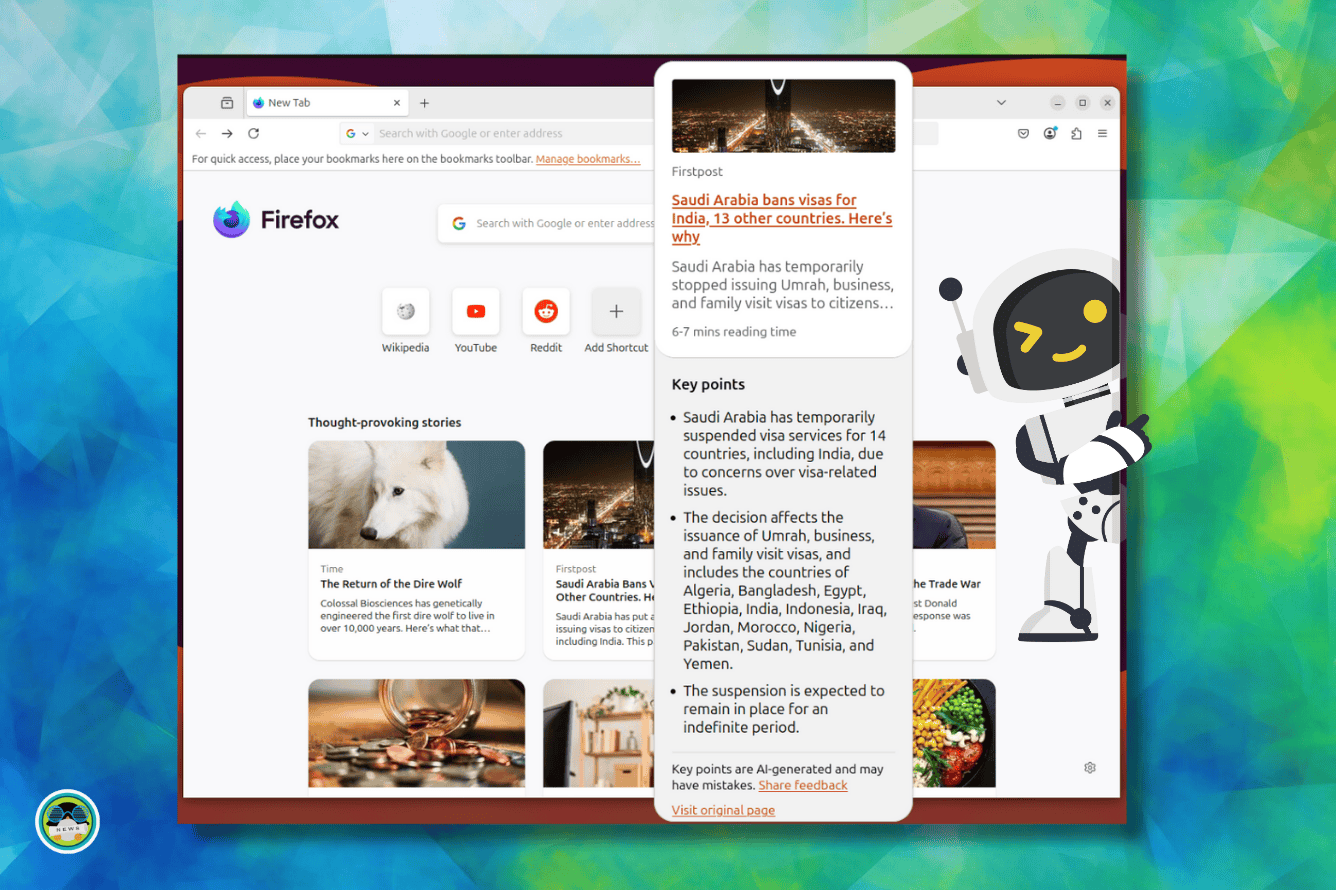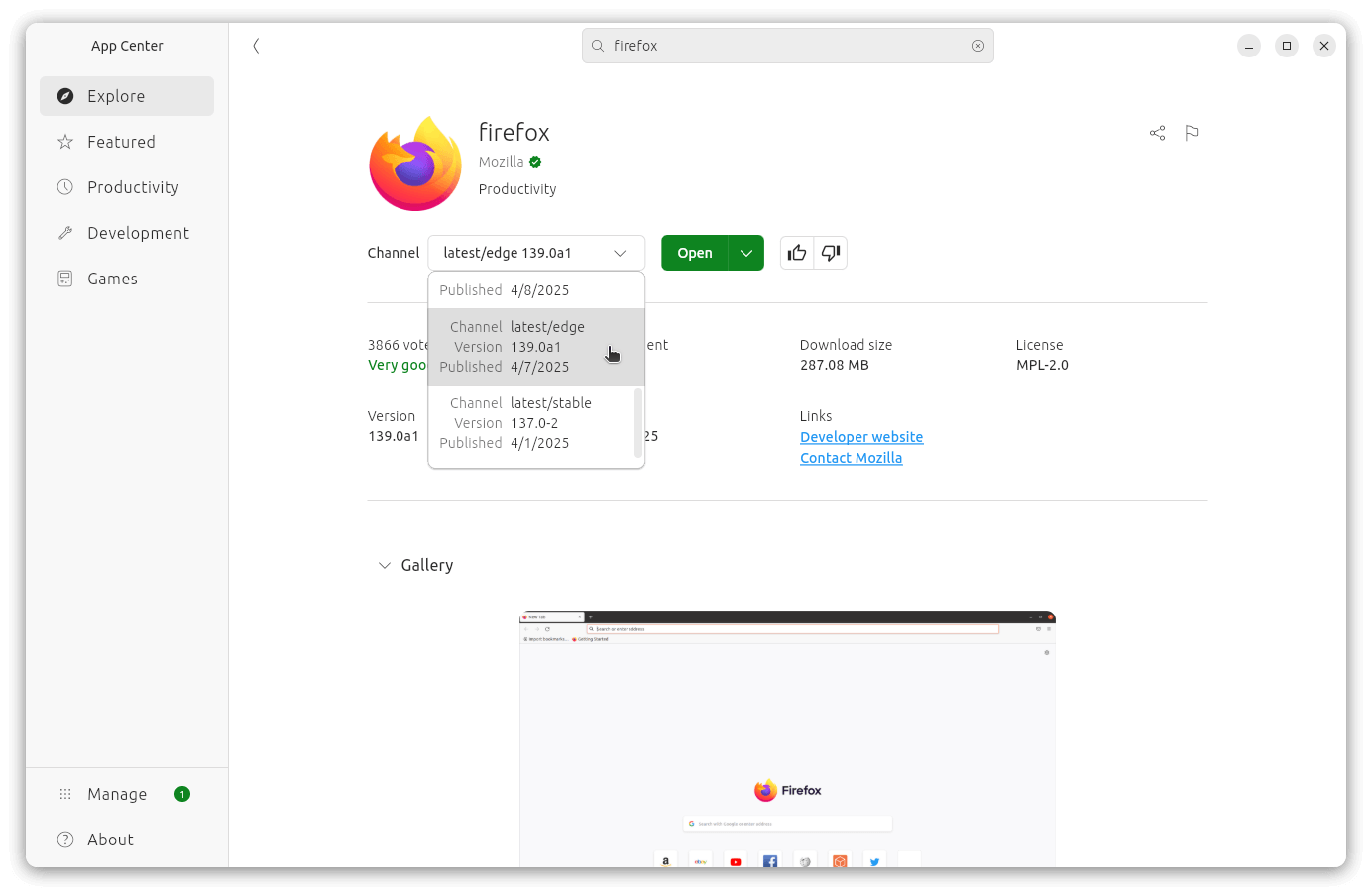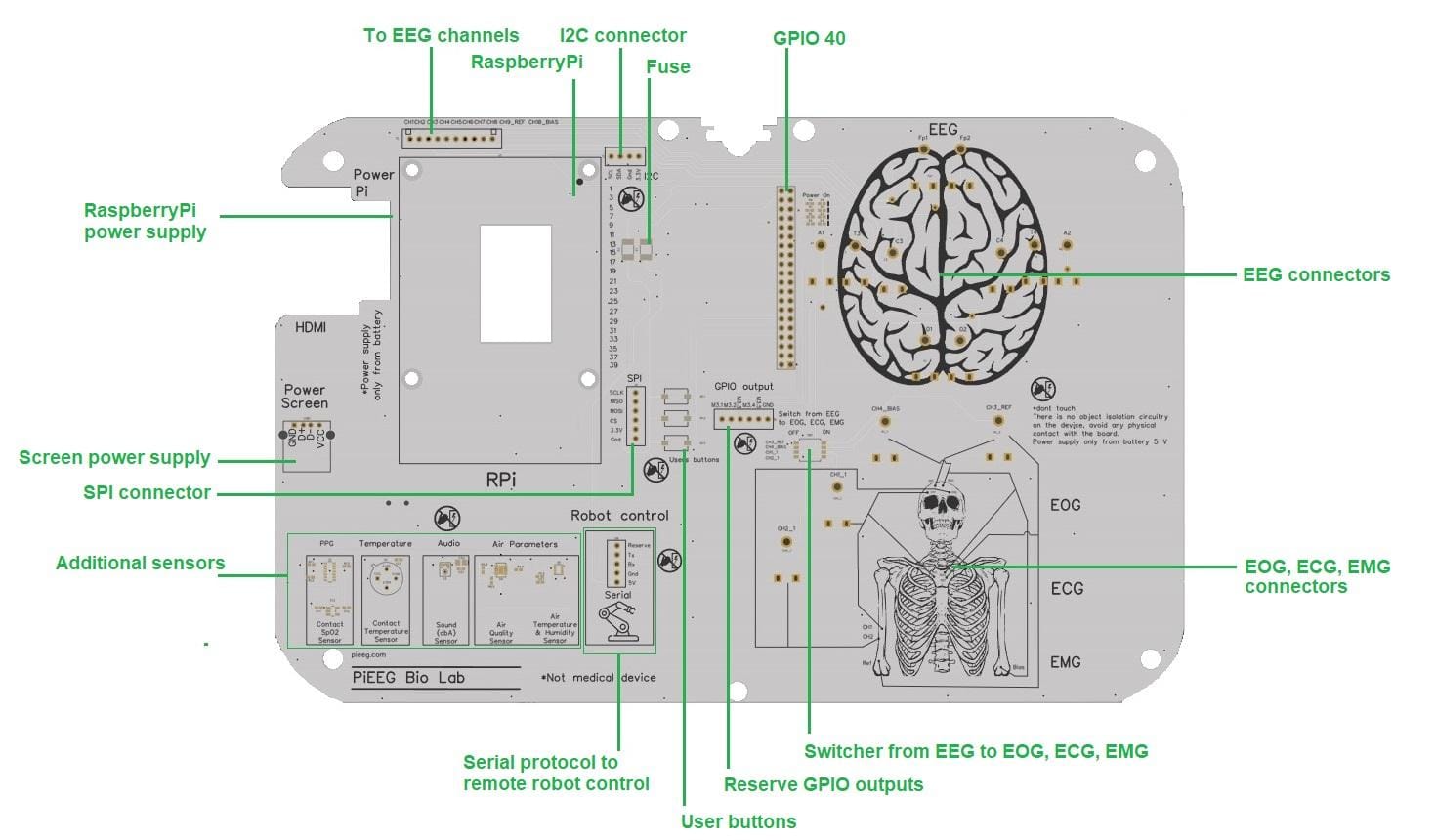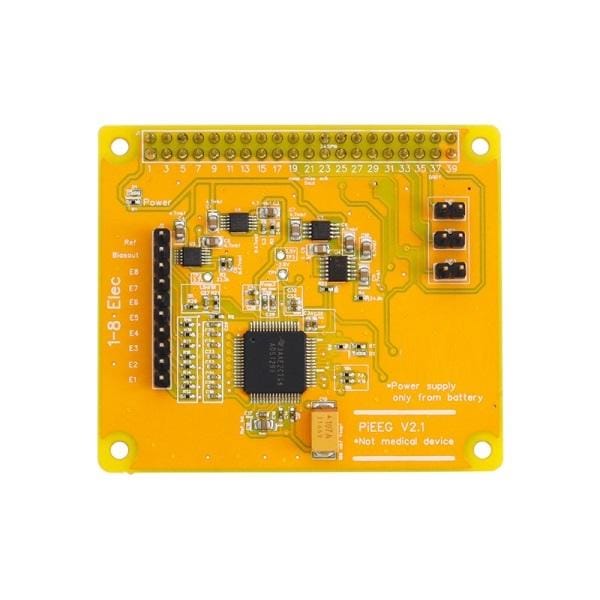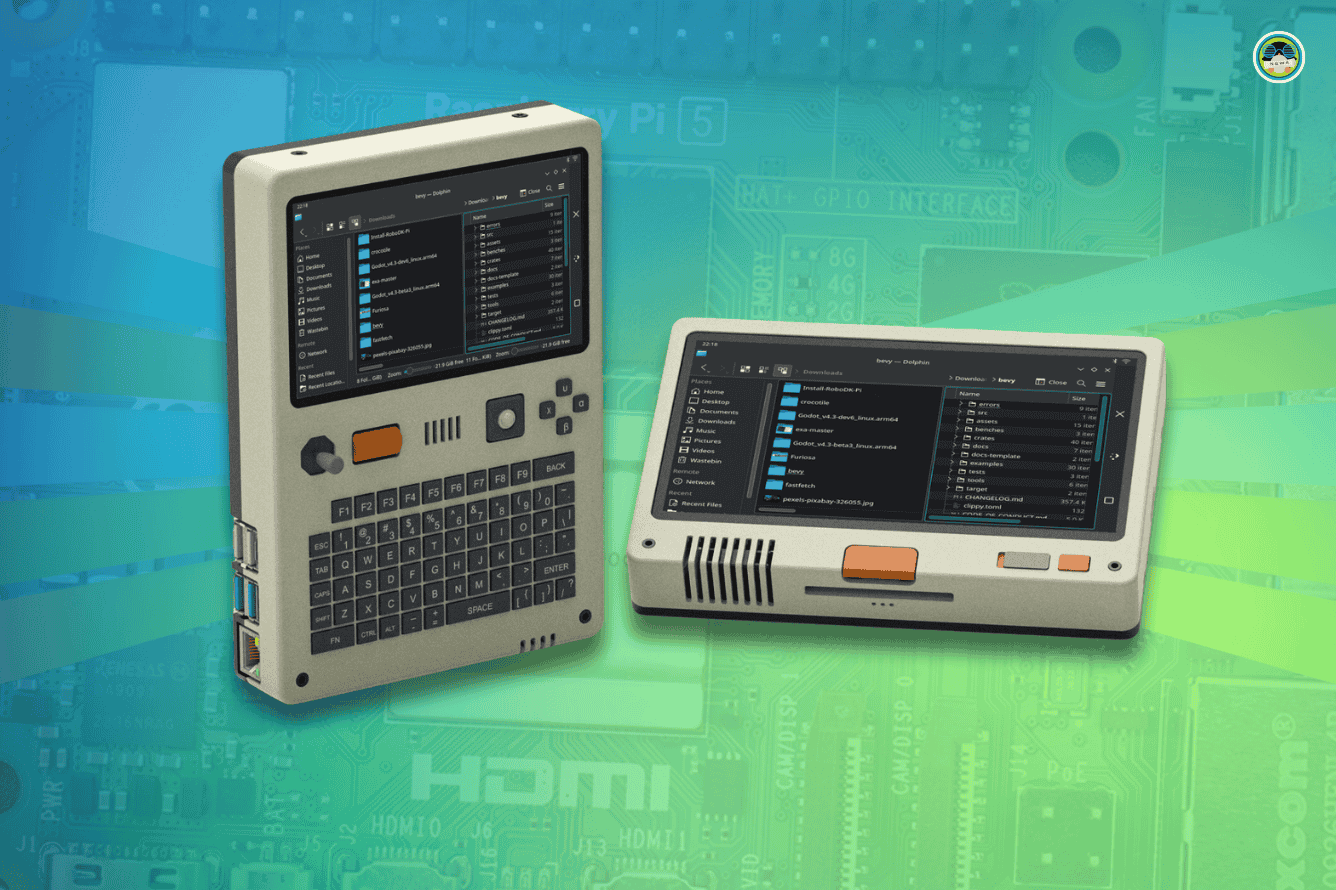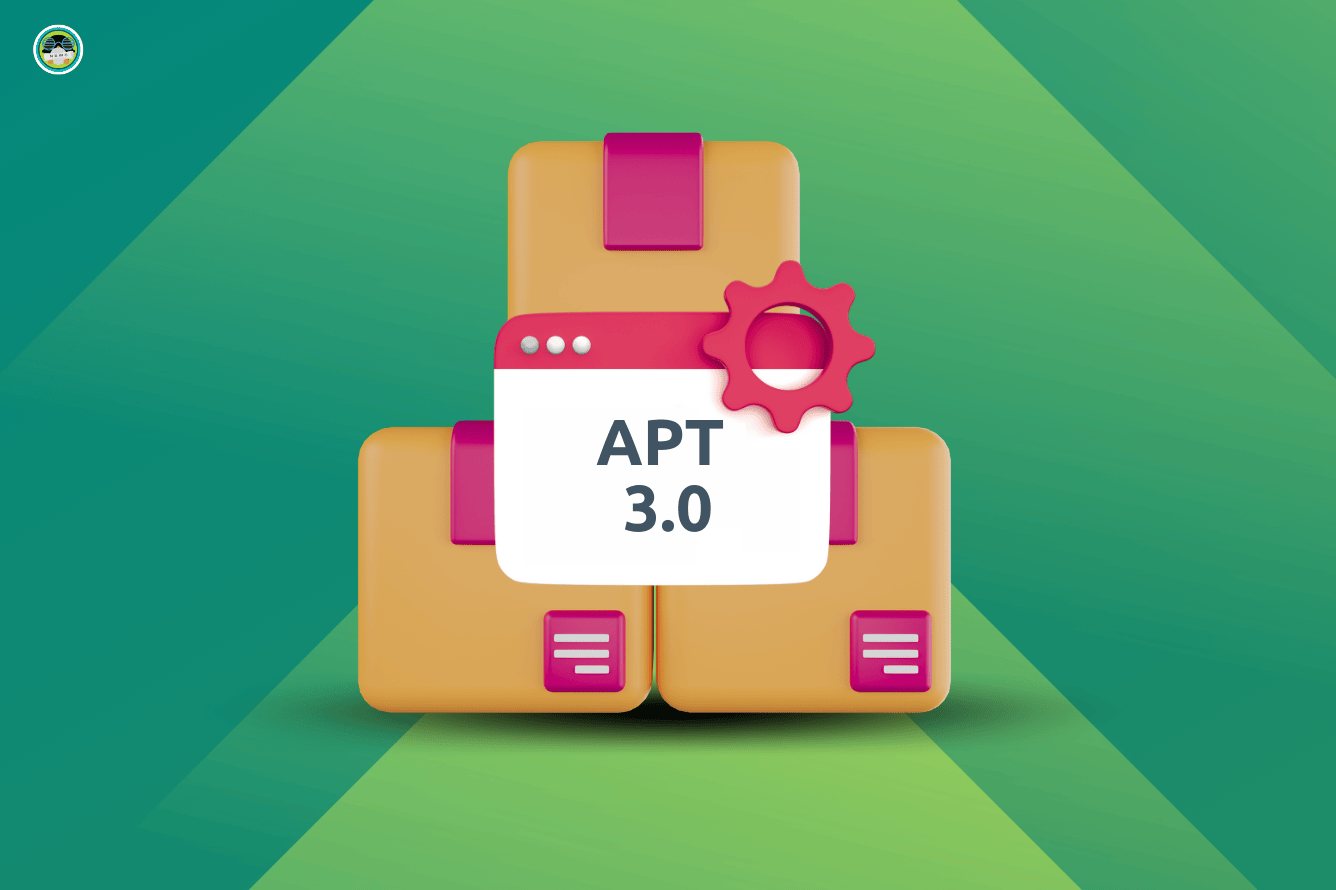
Linus Torvalds is one of the most influential figures in the tech world, with his creations Linux and Git completely transforming the information technology industry, becoming indispensable tools that fuel the information age.
To celebrate Git’s 20th anniversary, GitHub hosted a Q&A with him, where he reflected on Git’s origins, early challenges, and the lasting impact it has had.
Linus Reflects on Git's 20-Year Journey
Source: GitHub (Did you spot the Spider-Man logo?)
Yep, you heard that right. Git is more popular than Linux, at least in certain circles.
Linus then goes on to share how Git was never a big thing for him, but a means to an end that prevented the Linux kernel from descending into chaos over the absence of a version control system.
You see, before Git, Linux used BitKeeper for version control, but its proprietary licensing didn't sit too well with other Linux contributors, and Linus Torvalds had to look for alternatives.
As it turned out, existing tools like CVS and Subversion were too slow for the job at hand, prompting him to build a new tool from scratch, with the coding part just taking 10 days for an early self-hostable version of Git.
In its initial days, there were some teething issues, where users would complain about Git to Linus, even finding it too difficult to use, but things got calmer as the tool developed further.
Linus added that:
I think one of the reasons people found Git to be very hard to use was that most people who started without using Git were coming from a background of something CVS like.
And the Git mindset, I came at it from a file system person’s standpoint, where I had this disdain and almost hatred of most source control management projects, so I was not at all interested in maintaining the status quo.
Interestingly, Linus maintained Git for only 3–4 months, handing over the reigns to Junio Hamano shortly after, who has been at the helm for over 19 years now. This transition marked a significant milestone in Git's history, as Junio's leadership has been instrumental in its widespread adoption and continued development.
When asked about Git's role in shaping software development, he shared that, while GitHub and other similar services like GitLab, Gitea, Codeberg, etc. have made life easier for developers, there are plenty of abandoned projects that are the result of such accessibility.
For the kernel specifically, Linus points out that he keeps on going because the kernel needs to stay in sync as the hardware keeps evolving and that it also caters to the diverse needs of other users.
Never in my life would I need all of the features that the kernel does. But I’m interested in kernels, and I’m still doing that 35 years later.
When it came to Git, it was like Git did what I needed within the first year. In fact, mostly within the first few months. And when it did what I needed, I lost interest. Because when it comes to kernels, I’m really interested in how they work, and this is what I do. But when it comes to SCMs, it’s like—yeah, I’m not at all interested.
📋SCM ⇾ Software configuration management.
And when asked what's the next big thing from him, Linus humorously noted that he prefers others solve his problems. He views his creations like Linux and Git as solutions to unsolved problems.
At this point, he hasn't felt compelled to start anything new, saying, “So me having to come up with a project is actually a failure of the world—and the world just hasn’t failed in the last 20 years for me.”
From It's FOSS News via this RSS feed
